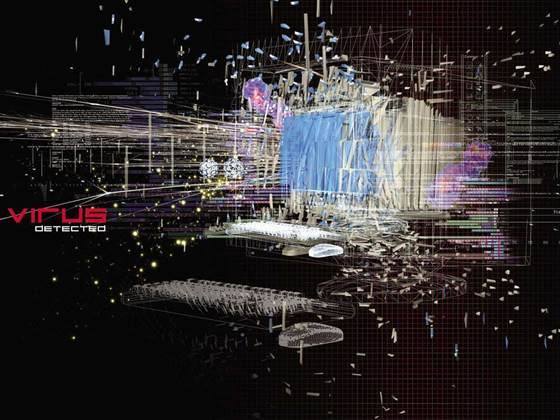
The malware is a revision of a previous virus, thought to be from the same author, which appeared two years ago but only used a 660 bit key.
So far, Kaspersky and other security vendors have been successful in cracking the 660 bit key, but efforts to decode the 1024 bit key have proven unsuccessful.
Kaspersky has estimated that it would take around 15 million modern computers, running for about a year, to crack the 1024 bit encryption key.
In light of this, Kaspersky has launched a global initiative called Stop Gpcode and put out an international call for all cryptography experts, governmental research bodies, and other antivirus vendors to pitch in and crack the code.
Kaspersky has said it is prepared to provide any additional information at its disposal with experts wishing to participate in the Stop Gpcode initiative.
It has also set up a Stop Gpcode forum to help coordinate the activity of all participants involved.



_(28).jpg&h=140&w=231&c=1&s=0)

_(23).jpg&h=140&w=231&c=1&s=0)





 iTnews Executive Retreat - Security Leaders Edition
iTnews Executive Retreat - Security Leaders Edition
 iTnews Cloud Covered Breakfast Summit
iTnews Cloud Covered Breakfast Summit
 Melbourne Cloud & Datacenter Convention 2026
Melbourne Cloud & Datacenter Convention 2026
 The 2026 iAwards
The 2026 iAwards












_(1).jpg&h=140&w=231&c=1&s=0)



